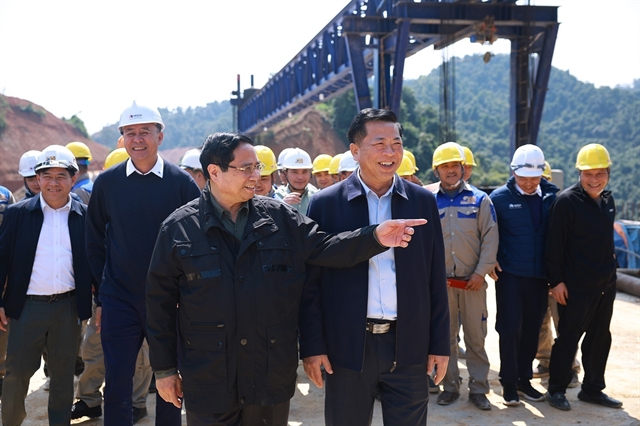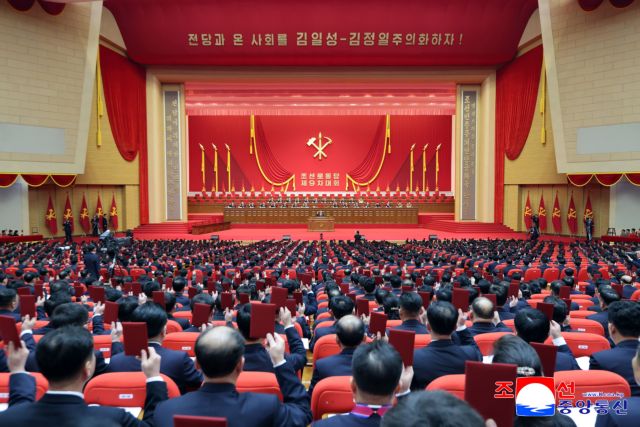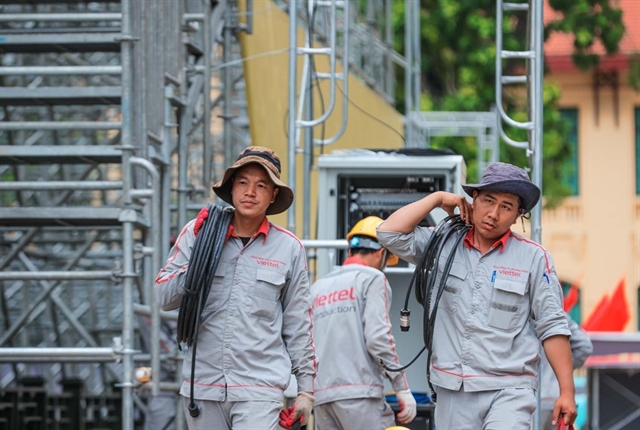 Environment
Environment

 |
| Nestlé promotes low-emission agriculture through a regenerative agriculture model. Photo courtesy of Nestlé Việt Nam |
HÀ NỘI — The Ministry of Industry and Trade (MoIT) has been promoting and providing guidance for enterprises to implement slight reductions in greenhouse gas emissions and conduct greenhouse gas inventories in the industry and trade sector.
This information is presented Hoàng Văn Tâm, climate change team leader of the MoIT’s Energy Efficiency and Sustainable Development Department, at the seminar on inventory, verification, confirmation and emission reduction in the supply chain.
The seminar was organised by the Việt Nam Business Council for Sustainable Development (VBCSD) under the Việt Nam Chamber of Commerce and Industry (VCCI) in co-ordination with Nestlé Việt Nam in HCM City on Wednesday.
On the journey to reduce net emissions to zero by 2050, Việt Nam aims to reduce methane emissions by 30 per cent by 2030 compared to 2020.
The country will also build total greenhouse gas emission quotas and allocate emission quotas for greenhouse gas emitting establishments from 2026.
The MoIT issued Circular 38/2023/TT-BCT regulating measurement, reporting and appraisal techniques to reduce light greenhouse gas emissions and greenhouse gas inventory of the industry and trade sector in December last year.
Also at the discussion, Khuất Quang Hưng, Director of External Relations and Communications of Nestlé Việt Nam, shared about the group's commitment and roadmap to achieving Net Zero.
It will reduce emissions by 20 per cent by 2025, 50 per cent by 2030, and complete the Net Zero goal by 2050.
To make progress in implementing its Net Zero commitment, Nestlé focuses on the upstream of the value chain, with two strategic approaches to reduce emissions.
Of which, it will promote regenerative agriculture; and conserve and regenerate forests. In addition, the company continues to implement initiatives and programmes to reduce emissions in production and freight transportation. — VNS




